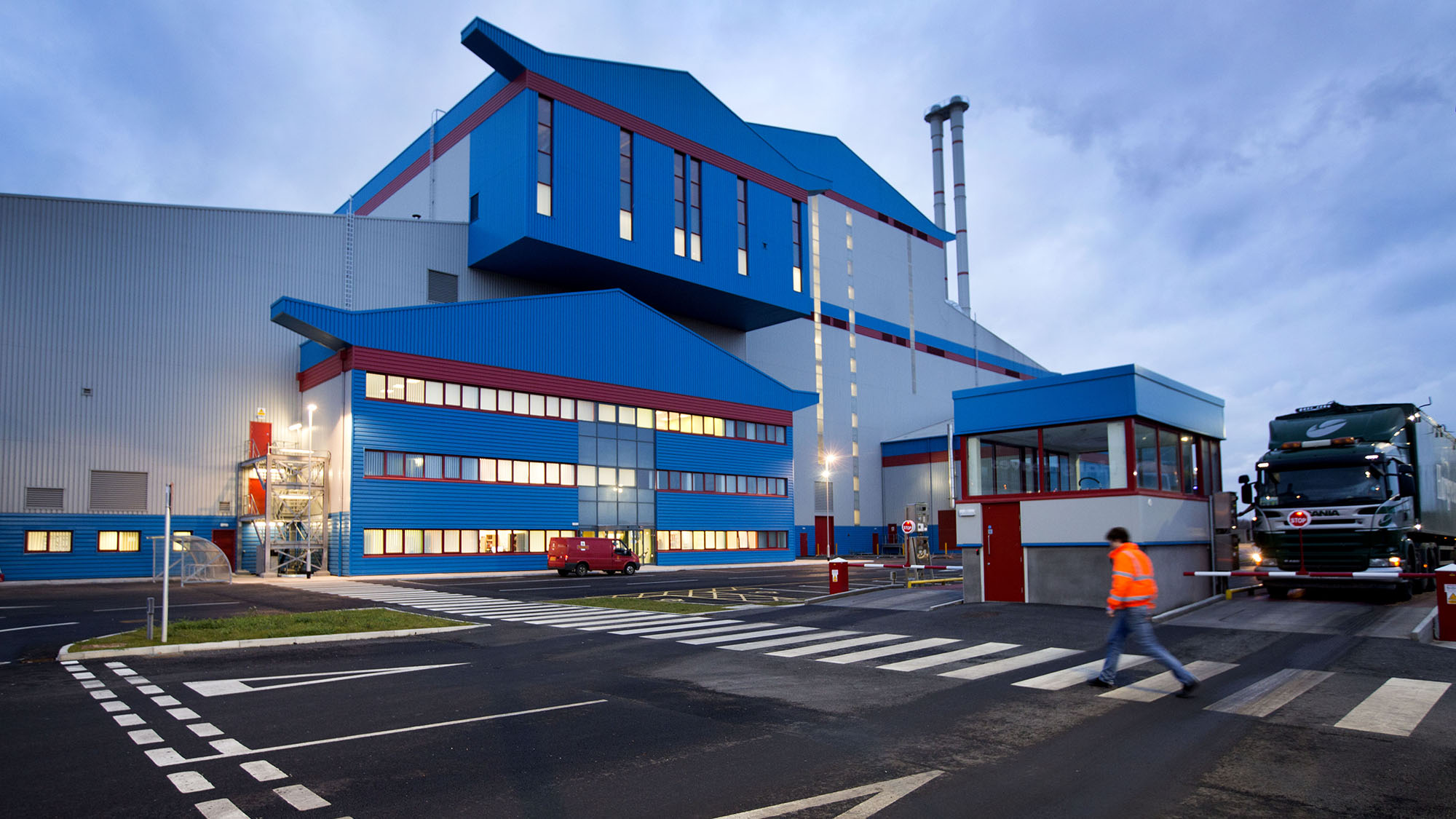SUEZ Teesside carbon capture plans take a step forward
SUEZ first announced plans to develop a commercial scale carbon capture plant at its Tees Valley (Lines 1 and 2) facility at Teesside in November 2020 after signing a memorandum of understanding with bp. The original project envisaged capturing the carbon dioxide from the facility’s flue gas emissions and transporting this to a geological storage site beneath the North Sea.
SUEZ’s plans were given a boost last autumn when the East Coast Cluster, which covers the Teesside and Humber areas, was selected by the Government as one of the UK’s first two low carbon industrial clusters to receive support for deploying carbon capture utilisation and storage at scale.
The current Phase 2 process run by the Department for Business, Energy and Industrial Strategy (BEIS), looks at the emitter projects within each of the low carbon industrial clusters, with energy-from-waste plants falling under the industrial model.
SUEZ made two applications to BEIS to develop carbon capture plants at its Tees Valley (Lines 1 and 2) and Tees Valley (Line 3) energy-from-waste facilities and both have today been identified as eligible for support under the Government’s industrial business model. They now move forward to the evaluation stage.
John Scanlon, Chief Executive Officer for SUEZ recycling and recovery UK said: "At SUEZ we have a clear focus on reducing the carbon footprint of our customers’ waste. We’re investing in innovation at every stage, from ways to reduce the carbon content of the waste coming into our energy recovery facilities, such as our work on recycling flexible plastics at scale, through to capturing the carbon from flue gas emissions at the end of the process.
"With a solid operational track record and the benefit of being located on the planned route of the pipeline that will transport CO2 from Teesside to the storage location, our facilities are ideally placed to become one of the UK’s first carbon capture from energy-from-waste projects."
